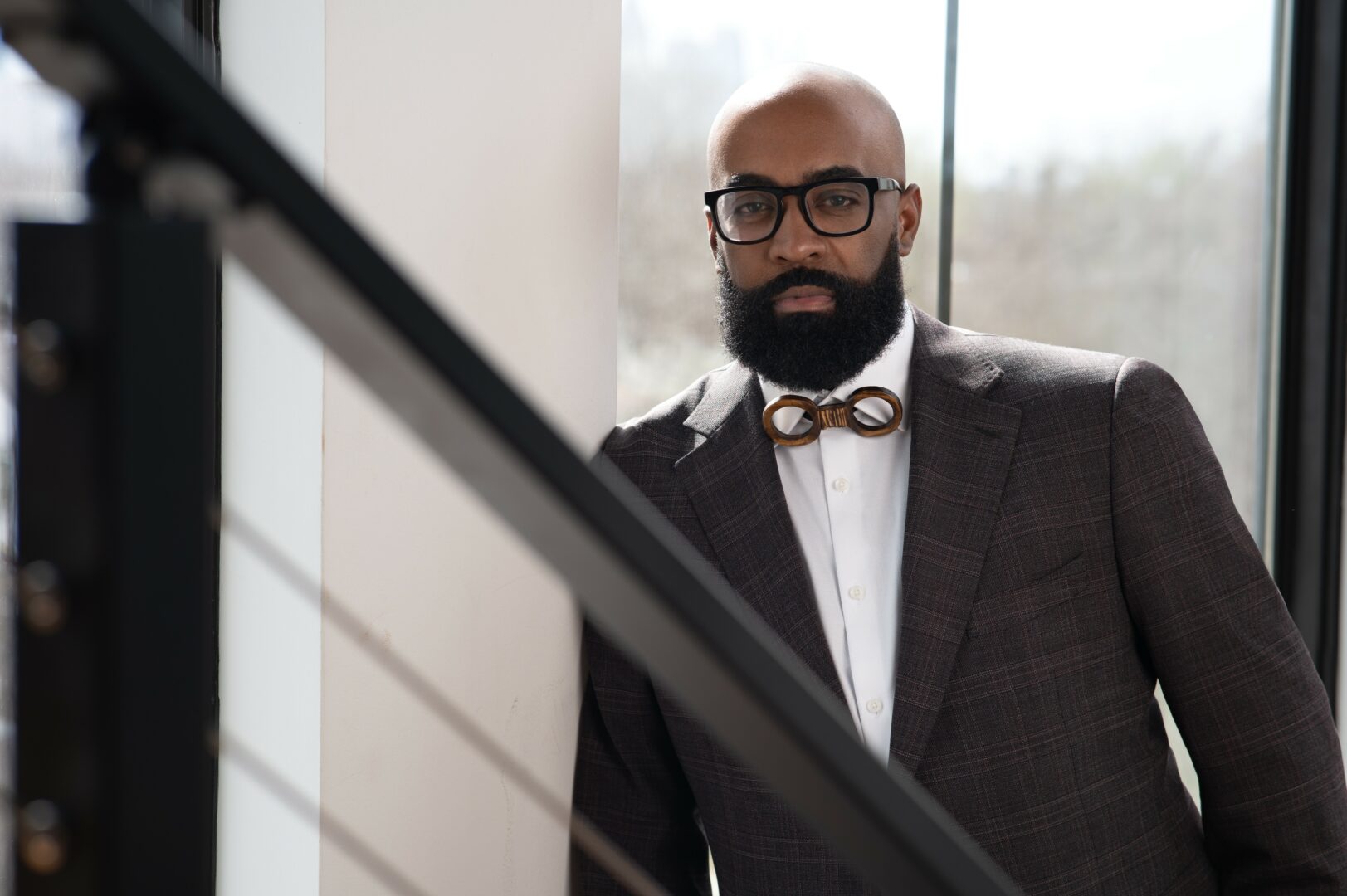We’re excited to introduce you to the always interesting and insightful Nicholas Love. We hope you’ll enjoy our conversation with Nicholas below.
Hi Nicholas, so excited to talk about all sorts of important topics with you today. The first one we want to jump into is about being the only one in the room – for some that’s being the only person of color or the only non-native English speaker or the only non-MBA, etc Can you talk to us about how you have managed to be successful even when you were the only one in the room that looked like you?
Being the only one in the room has been a recurring experience for me, whether as the only Black man, the only person of color, or the only individual with children with autism. In each of these situations, I’ve learned to stay grounded in my truth and authentic to who I am. For me, that means embracing my identity unapologetically and challenging the status quo when necessary.
I’m a natural challenger, and I’ve had to navigate when to lean into my authenticity fully and when to prioritize peace and negotiate. Negotiation doesn’t mean compromising my values. It means identifying what’s worth addressing immediately and what requires patience and strategic timing. As the only one in the room with a specific perspective or lived experience, I’ve often found that education and patience are key to driving change effectively.
Being the only one in the room has taught me the importance of recognizing my own excellence and staying authentic. It’s about knowing when to educate, when to challenge, and when to be patient. It’s also about understanding that my value is not diminished by others’ inability to immediately see it. My experiences, whether breaking barriers as a Black man, defying expectations in my career, or advocating for my children, have reinforced that being true to myself is my greatest strength. I show up fully, unapologetically, and authentically, because anything less would diminish not just me but the impact I’m meant to make.
The transition from being the only one in the room as an employee to becoming the decision-maker at Kulur Group has been transformative. This role allows me to instill normalcy and create a culture where challenges faced by minorities and Black-owned agencies are no longer the norm. It’s a pivotal step in my growth, enabling me to build an agency that is culturally driven and diverse by design.
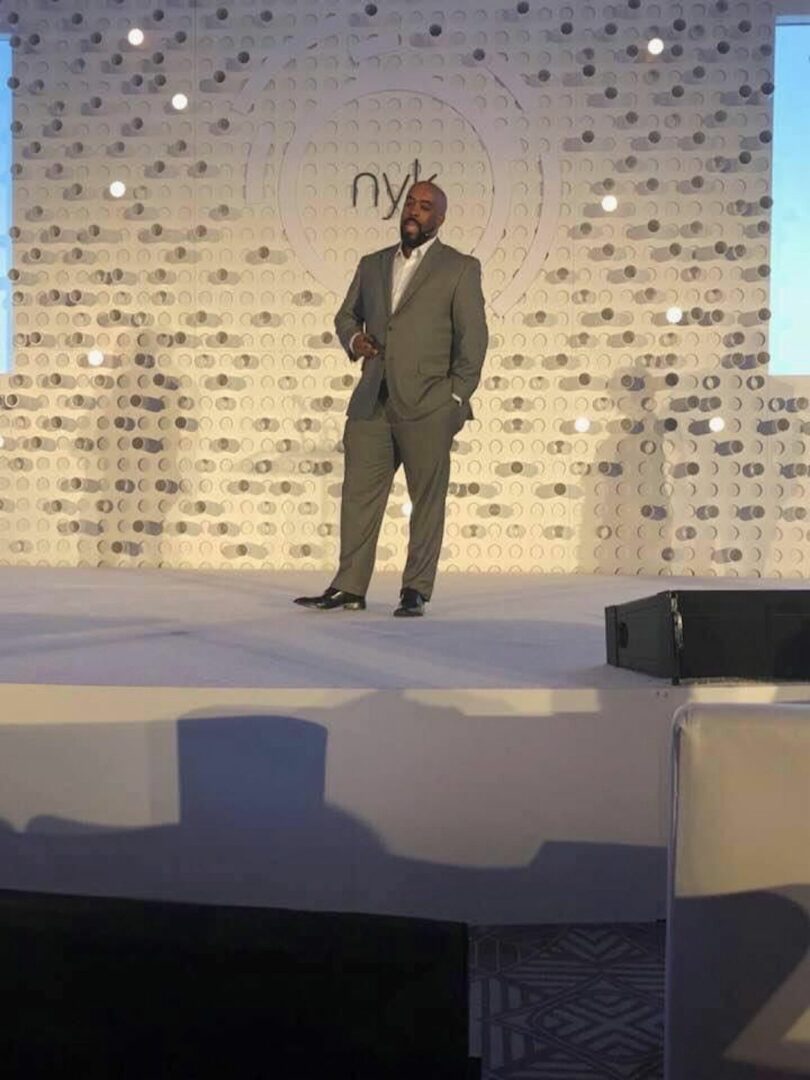
Great, so let’s take a few minutes and cover your story. What should folks know about you and what you do?
As a public speaker, writer, and advocate for diversity, equity, and inclusion, I focus on driving meaningful change in digital transformation and engagement. As the CEO of Kulur Group, a diverse-owned agency committed to helping brands aspire to be D.O.P.E., we’re dedicated to challenging norms and bringing bold ideas to life through innovative marketing strategies. By reshaping the vision, mission, and growth strategy of the company, I’ve had the privilege of delivering impactful outcomes for clients across industries, including technology, education, nonprofit, and veterinary sectors.
At Kulur Group, we’re challenging the perception of what it means to work with a Black-owned marketing agency. In my opinion, Black-owned agencies have been viewed primarily for creativity and entertainment, but our focus isn’t just on creativity. It’s about leveraging intelligence across audience, channel and culture with artificial intelligence to drive innovation in the outputs of everything we do. Dope Thinking is the price of admission at the Kulur Group, and what inspires me most is building an agency that actively shapes and influences the future of the marketing industry.
Beyond the agency itself, we’ve launched a nonprofit, Dope Thinkers, a 501(c)(3), to extend our impact further. This initiative is deeply personal to me as an HBCU graduate and someone committed to fostering the next generation of leaders. We’re working to establish student-run agencies at HBCUs and minority-serving institutions, giving students real-world experience and entrepreneurial skills to prepare them for leadership roles. The goal is to address the longstanding talent pipeline issue in the industry by offering these students the hands-on opportunities they’ve often lacked.
Another focus of our nonprofit is empowering future agency owners. I believe in cultivating people, not just positions. If someone expresses a desire to build their own shop, I see it as my responsibility to help them understand what that path looks like and support them in getting there, whether that’s through mentorship, resources, or even helping them launch their ventures.
We’re also addressing health disparities that disproportionately affect Black and Brown communities. By collaborating with healthcare organizations, we aim to create authentic, relatable messaging that shifts the focus from reactive healthcare to proactive well care. This effort is about telling real, human stories that inspire people to prioritize their quality of life. Through both the agency and the nonprofit, I’m committed to creating spaces where innovation, equity, and authenticity thrive, making a meaningful impact both inside and outside the industry.
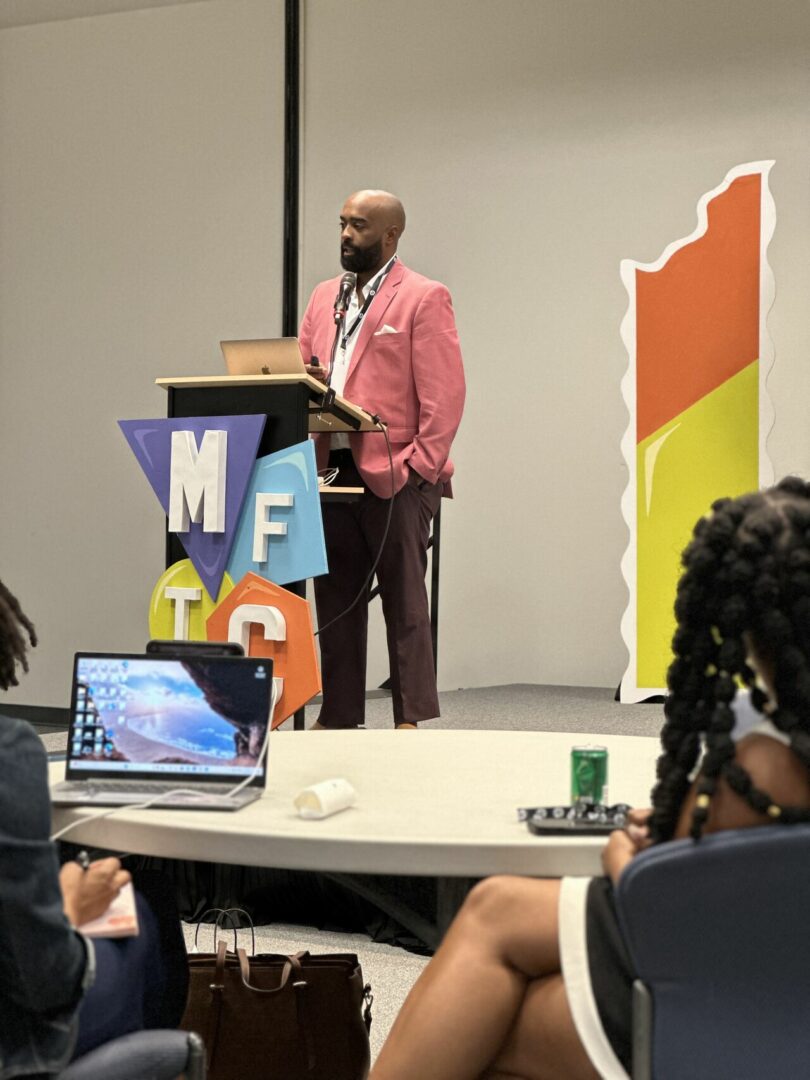
There is so much advice out there about all the different skills and qualities folks need to develop in order to succeed in today’s highly competitive environment and often it can feel overwhelming. So, if we had to break it down to just the three that matter most, which three skills or qualities would you focus on?
Definitely confidence, leadership, and adaptability. Confidence allowed me to declare my goals and pursue them unapologetically, even when setbacks came my way. I’ve experienced moments where I reached a pinnacle, only to have it taken away, forcing me to start over. Those moments taught me to never settle for where you start or even where you think you should fit but to constantly strive for growth.
Leadership, for me, has been about versatility. It’s not always about leading from the front; sometimes it’s about stepping back, empowering others, or knowing when and how to support your team. Understanding when to lead and how to adapt that leadership to different situations and people has been a critical part of my journey.
Adaptability has been equally important. Life will throw you challenges—friction, walls, and moments of uncertainty. The ability to adapt and pivot in those moments has been essential. One of the things I emphasize at Kulur Group is the concept of having firm legs on unstable ground. It’s about staying grounded and steady, even when everything around you feels uncertain.
For those early in their journey, my advice is to have confidence in something that matters deeply to you—something only you can define. Be intentional about developing your leadership style, understanding that it’s fluid and situational. And above all, cultivate adaptability. Life will require you to pivot, and the sooner you embrace that, the stronger and more prepared you’ll be for the journey ahead.
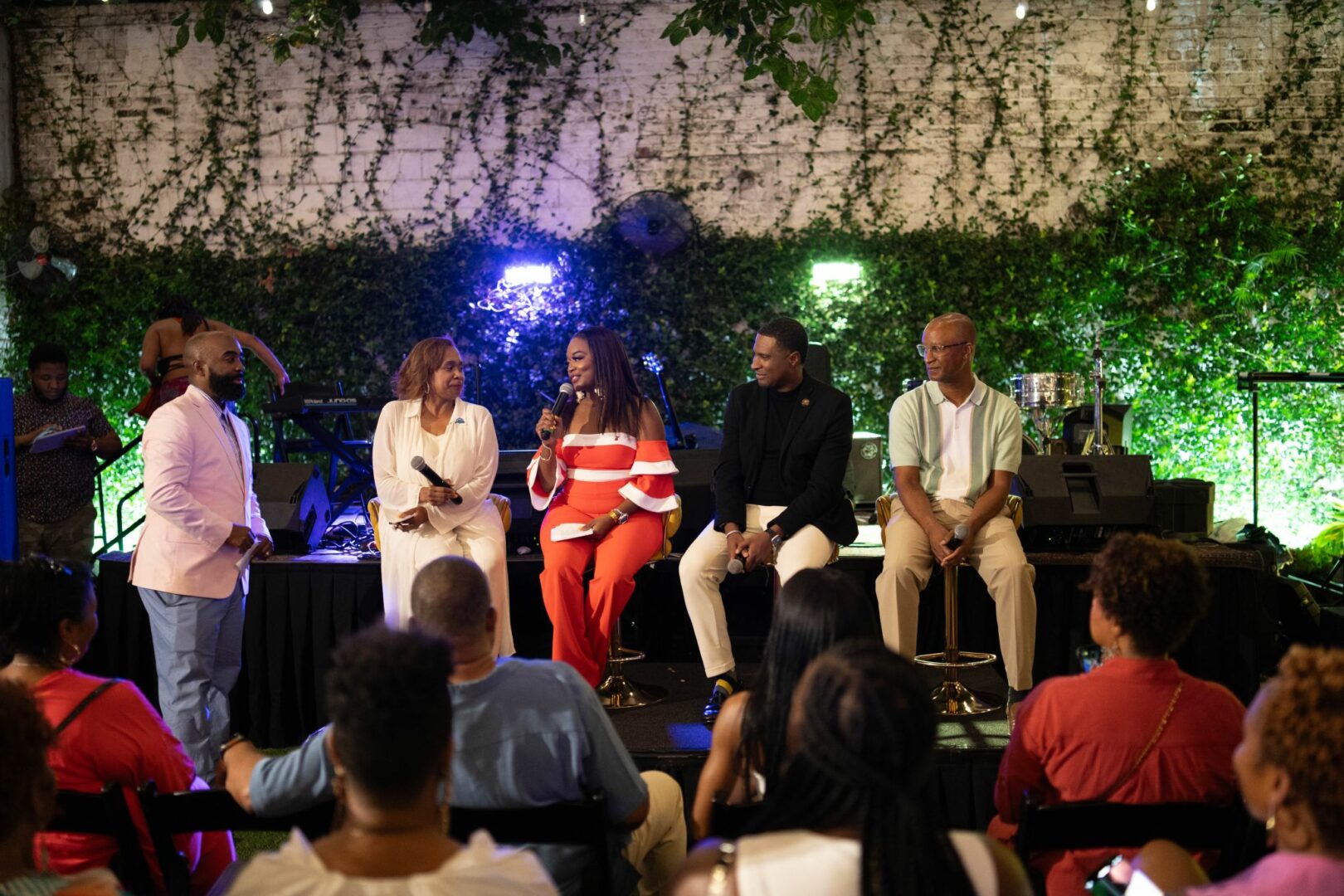
Awesome, really appreciate you opening up with us today and before we close maybe you can share a book recommendation with us. Has there been a book that’s been impactful in your growth and development?
Choosing Leadership by Linda Ginzel is an incredible book. One of the most impactful insights from the book is the distinction between experiences and happenings. Ginzel emphasizes that if you don’t take the time to process certain events, they remain merely happenings—they don’t evolve into meaningful experiences. This wisdom has been a reminder to be intentional, to take a step back, and to process the lessons embedded in every situation.
Contact Info:
- Website: https://www.kulurgroup.com/
- Instagram: https://www.instagram.com/kulurgroup/
- Facebook: https://www.facebook.com/KulurGroup/
- Linkedin: https://www.linkedin.com/company/kulur-group
- Twitter: https://x.com/kulurgroup
- Youtube: https://www.youtube.com/@KulurGroup
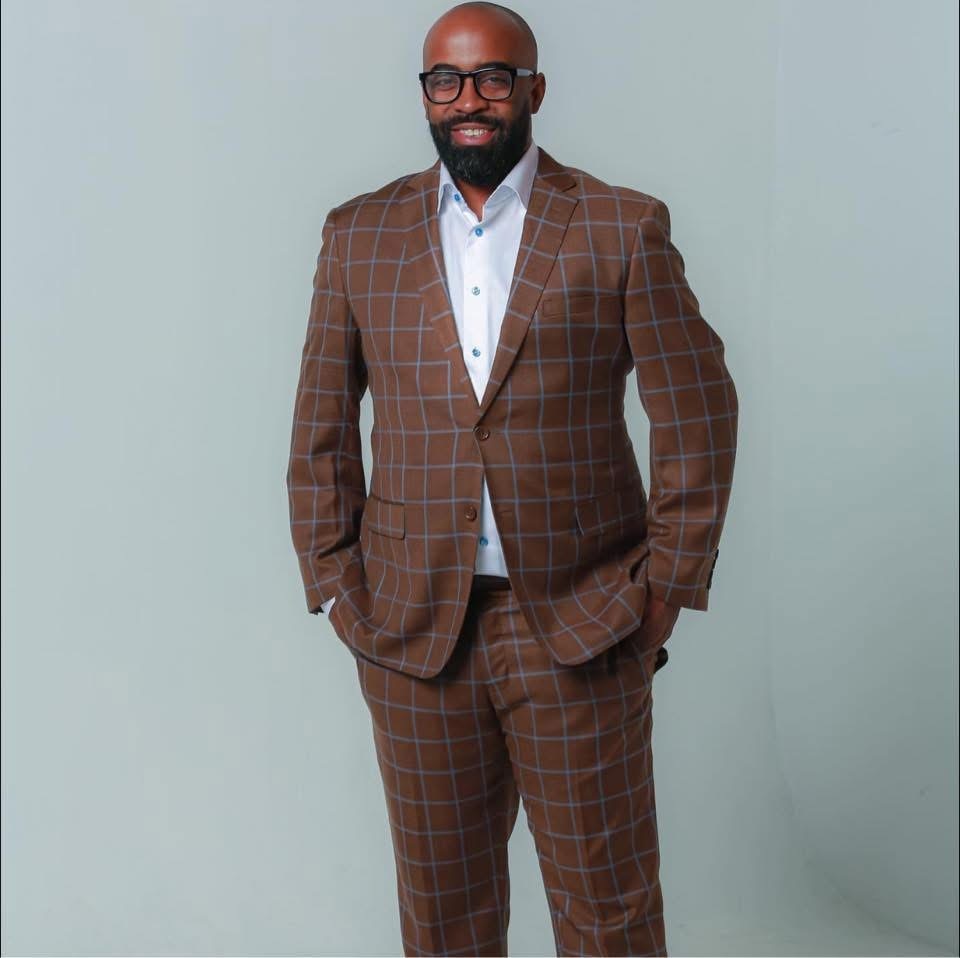
so if you or someone you know deserves recognition please let us know here.

